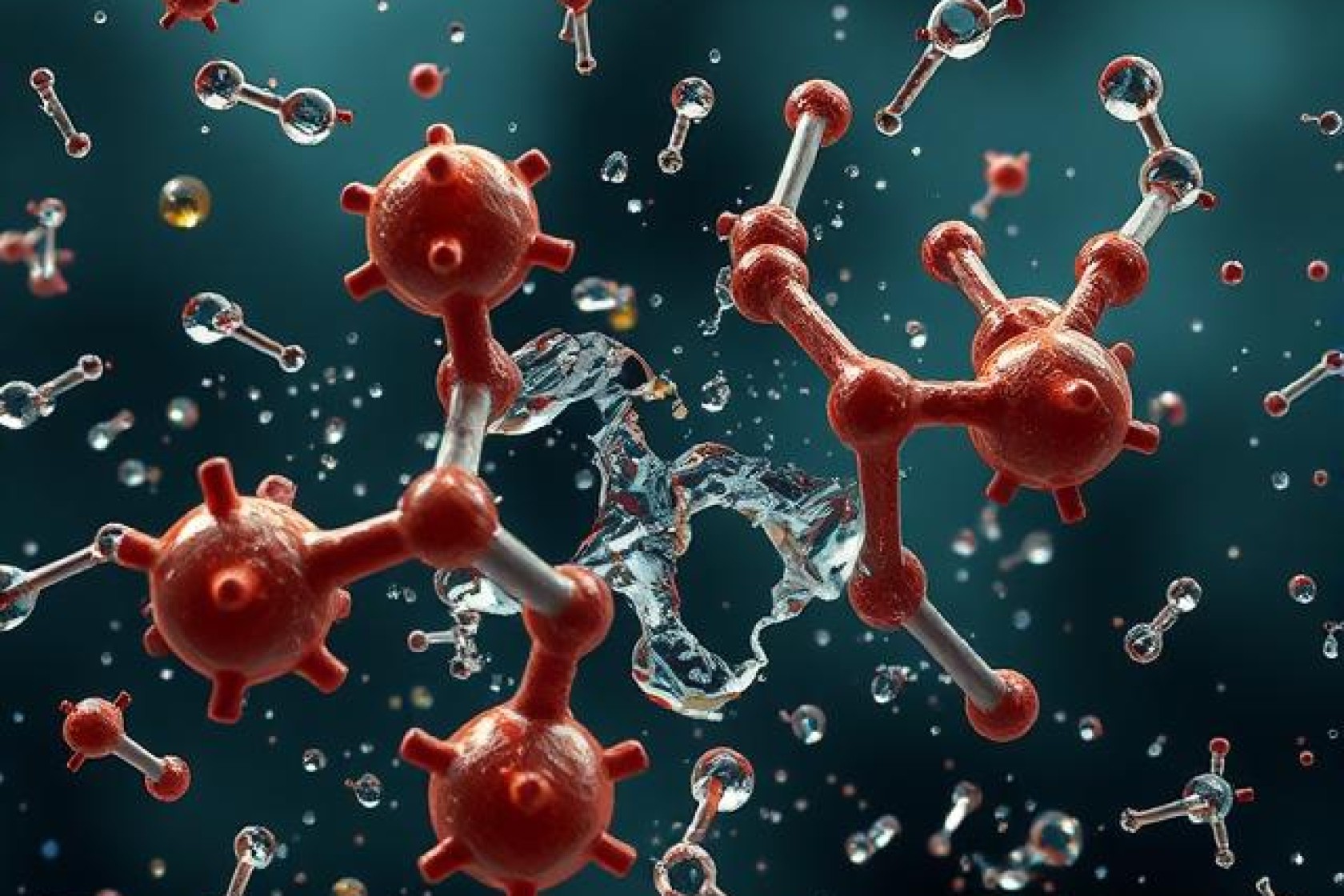Phosphate-enabled mechanochemical PFAS destruction for fluoride reuse
PFAS persistence in the environment has led to widespread contamination, affecting our drinking water, food, and air. PFAS removal from the environment remains a challenge. Current PFAS degradation methods include chemical- and photochemical-initiated oxidation and reductions processes, mechanical and base-assisted destruction and incineration, all of which produce fluorine waste. In this study, researchers developed a new technique to breakdown PFAS, whereby it not only breaks down these harmful chemicals but also recycles valuable fluorine, turning an environmental challenge into a sustainable solution.

This new method uses potassium phosphate salts and mechanical energy to degrade all classes of PFAS, including harmful PFOA and fluoroplastics like PTFE (polytetrafluorethylene; Teflon) and PVDF (polyvinylidene fluoride). During the degradation process, fluorine is recovered, which can be reused in the production of new fluorochemicals. This approach reduces the impact of PFAS by converting them into valuable chemicals. The process is solvent-free and does not negatively affect the phosphorus cycle, making it a sustainable solution. Moreover, the recovery and reuse of fluoride contribute to a circular economy, reducing the reliance on natural fluoride sources like fluorspar, which are depleting.
Curious to learn more about this innovative method and its implications? Be sure to read the full article “Phosphate-enabled mechanochemical PFAS destruction for fluoride reuse” by Yang et al. here.
Deel dit bericht





